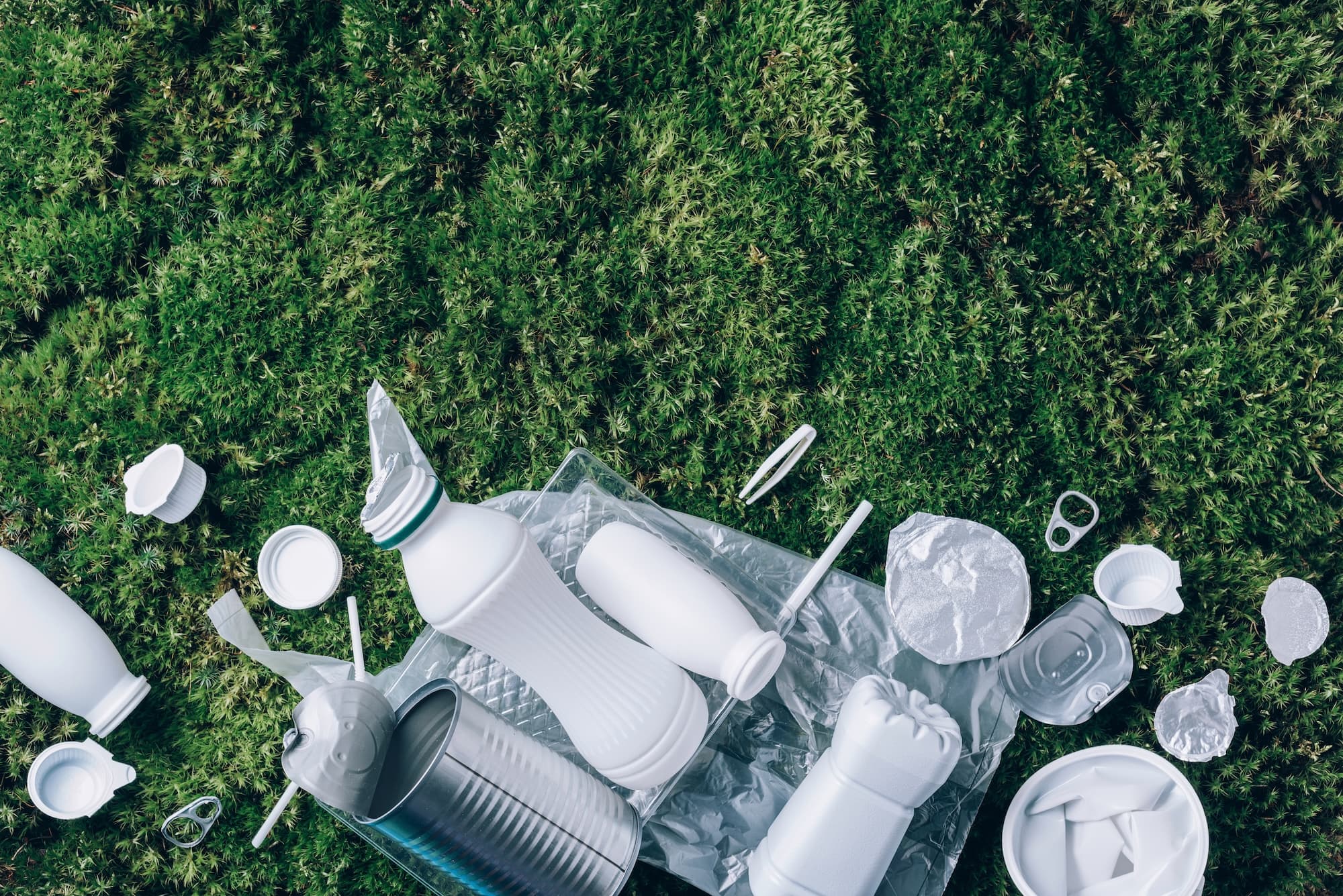

| This is an era of convenience wrapped in plastic. Our convenience, however, has come at a cost to our environment. The rapidly increasing production of disposable plastic products overwhelms the world’s ability to deal with them. The Food and Agriculture Organization of the United Nations (FAO) recommended the replacement of conventional plastic with biodegradable plastics in several sectors, such as food packaging and agricultural products. However, the benefits of biodegradable polymers are less apparent for items like carrier bags and single-use packaging, where the risk of mismanagement leads to a high likelihood of these products entering the environment, potentially exacerbating litter issues and confusing consumers about proper disposal practices. Therefore, the European Commission takes a cautious approach only recommending the use of biodegradable products in specific, well-justified cases. One such case is biodegradable mulch films, provided that they comply with standards of biodegradation in soil, they actually biodegrade without harming soil health, and there is no viable collection and recycling option. Another case is plastics used in specific food-related uses such as tea bags, coffee capsules, fruit and vegetable bags and biowaste collection bags, provided they are industrially compostable. In all cases, biodegradation should deliver clear environmental benefits compared to conventional plastics and should not interfere with recycling and reuse goals. In other words, biodegradability should not be used as a means to address poor waste management or to justify littering. |
